Ruth Bader Ginsburg Dies, 87
On September 18th, 2020, Supreme Court Justice (SPJ) Ruth Bader Ginsburg died. After an eleven year battle with pancreatic cancer, Ginsburg passed away from the disease.
At the time, President Trump was holding a rally in Minnesota and when he finally spoke he said, “She led an amazing life. What else can you say? She was an amazing woman, whether you agree or not. She was an amazing woman who led an amazing life. I’m actually sad to hear that.”
Ginsburg, in fact, did lead an amazing life. The first Jewish female justice in the U.S. Supreme Court, she focused her entire career on gender equality, including fighting for women’s abortion rights. She graduated first in her class from Columbia Law School in 1959 after receiving her bachelor’s degree from Cornell University and subsequently attending Harvard in 1956. Following her graduation, she worked as a professor at Rutgers University Law School and Columbia, becoming the first female tenured professor. All the while, she worked at the American Civil Liberties Union’s Women’s Project, arguing on pivotal gender equality cases that landed before the Supreme Court.
Before being appointed to the court in 1993 by former President Bill Clinton, Ginsburg had served on the U.S. Court of Appeals for the District of Columbia, after being appointed by former President Jimmy Carter. Ginsburg is known for being a champion of women’s rights — a force to be reckoned with despite being just over five feet tall.
In addition to her professional accomplishments, Ginsburg was an admired figure in politics and pop culture. In Washington D.C., where she lived, signs were put up to encourage people to wear masks, reading, “RBG works less than five miles from here. If you won’t wear a mask to protect family and friends, do it to protect RBG.”
With a seat vacant in the supreme court, Trump has also announced that he will be filling it as soon as possible– no doubt, with a Republican nominee. In fact, a day after the announcement, he stated that he would be nominating a woman next week. This decision has come under fire as Democrats are calling for the President to follow the precedent put forward in by the GOP in 2016 when an empty spot in the court left by Antonin Scalia was left to be filled by the new President. Trump said, however, “So, Article 2 of the Constitution says that the President shall nominate justices of the Supreme Court. I don’t think it can be any more clear, can it?”
With this announcement came many concerns over possible breaches of abortion rights and a potential overturning of Roe vs. Wade, the landmark decision that made abortion legal nationwide in 1973. In an interview with NPR, D.C. attorney Anna Lashley said, “I’m very concerned about what it [Ginsburg’s death] will mean for Roe v. Wade going forward. I’m worried that other people aren’t going to be able to take up the fight that she did for us.”
As for Ginsburg herself, her legacy lives on as people take to social media to call for others to vote. While Trump pushes to fill her vacant spot, politicians and citizens alike are clamoring to respect her last hope: “my most fervent wish is that I will not be replaced until a new president is installed.”


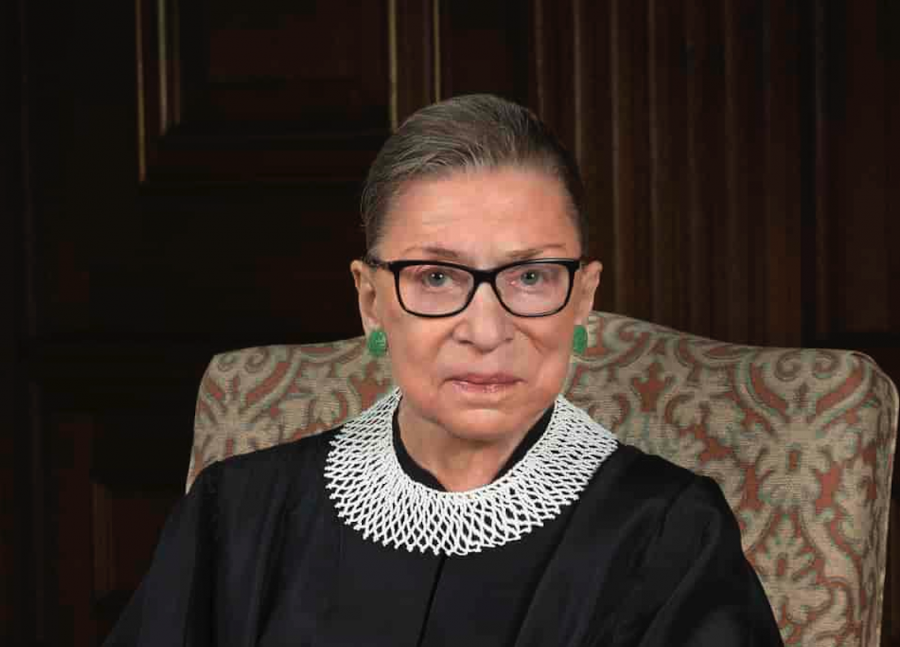

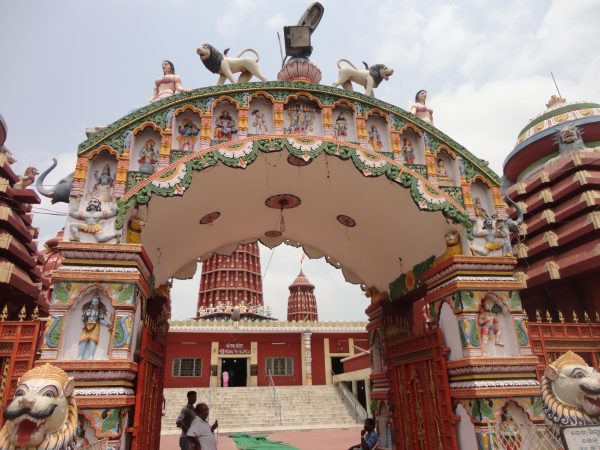
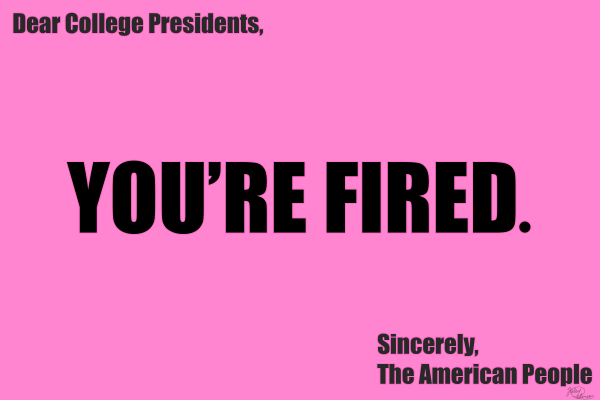



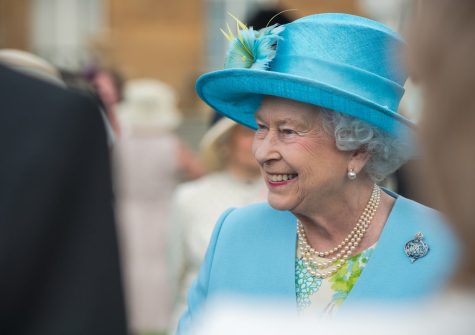

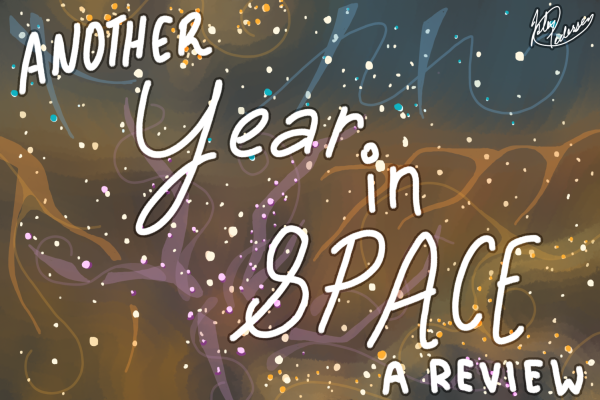

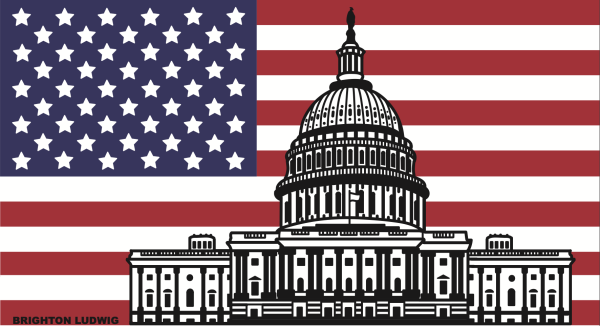
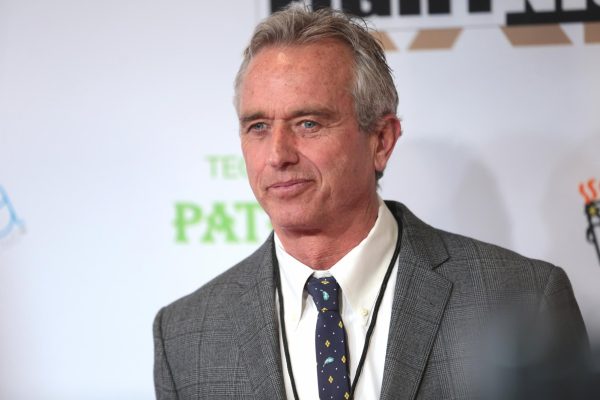
Carson Morris • Sep 22, 2020 at 8:24 pm
Thank you for this beautifully written piece, Marwa!